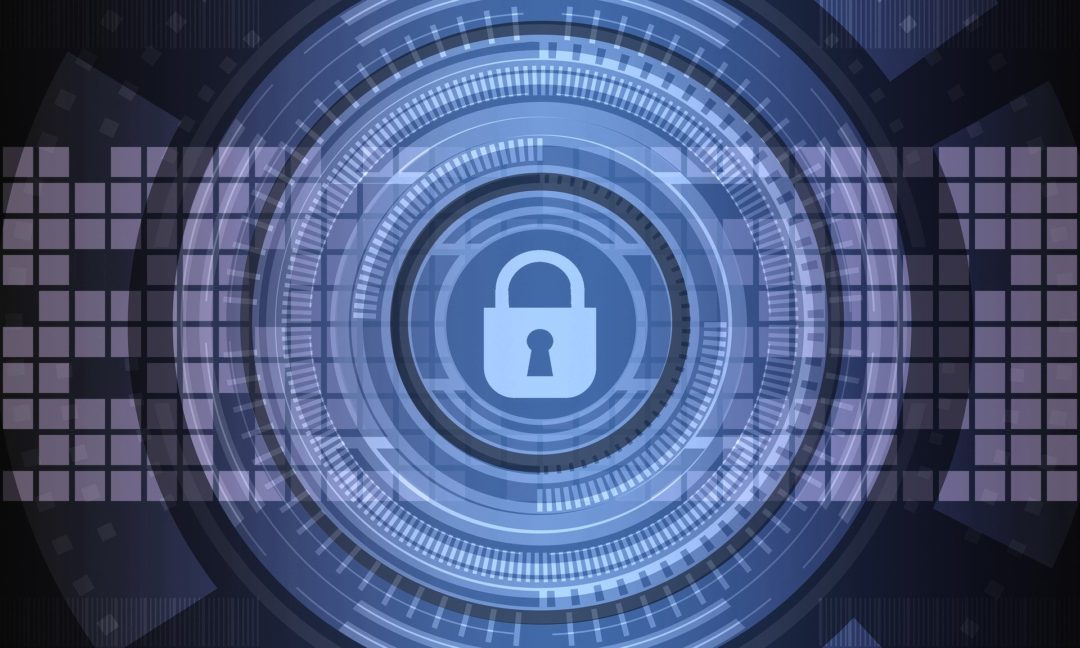How to recognise a phishing or bogus email?
Please be aware that in times like these that some unscrupulous individuals are seeking to take advantage of current events (COVID-19) to profit for themselves. It is vitally important with more remote working that you are aware of potential email fraud. We have put together some advice on how to avoid being scammed by phishing and bogus emails.
The first piece of advice is to look carefully at the email address you have received the email from. Fraudsters will often use similar email addresses to those of the company you work for. These email addresses are deliberately used to mislead you. Do you not open the message if you are not 100% sure where it has come from, and definitely do not open any links or downloads.
Fraudsters will often send emails applying pressure to get people to act immediately for example they may use phrases like “you have 24 hours to reply”. Always be suspicious of emails with time pressure in them as often this will be a scammer, especially if they are asking for payment or personal information.
Fraudsters will often include links to the webpage of the company they are trying to impersonate. Just because they can link a genuine webpage into an email does not mean that the email is genuine. They could also use bogus websites and will often contain pages requesting passwords, bank account details, credit card details, or other personal information. Please do not fill these out unless you are 100% sure it is legitimate.
Many fraudsters will send a high amount of phishing emails in one go. But just because they have your email address it does not mean they have your name. Therefore, you should always be wary of emails that do not address you by your preferred name. As this is likely to be either someone who doesn’t know you or a scammer.
Please be aware of opening attachments as some of these are designed to steal your personal information.
For further guidance about phishing and bogus emails please visit the HMRC website for their guidance: https://www.gov.uk/government/publications/genuine-hmrc-contact-and-recognising-phishing-emails/genuine-hmrc-contact-and-recognising-phishing-emails. If you receive any emails relating to your business and tax affairs and are unsure if it is legitimate then please get in touch with your usual Hawsons contact for advice.
Free initial meeting
Stephen Charles
Tax Partner, Sheffield


